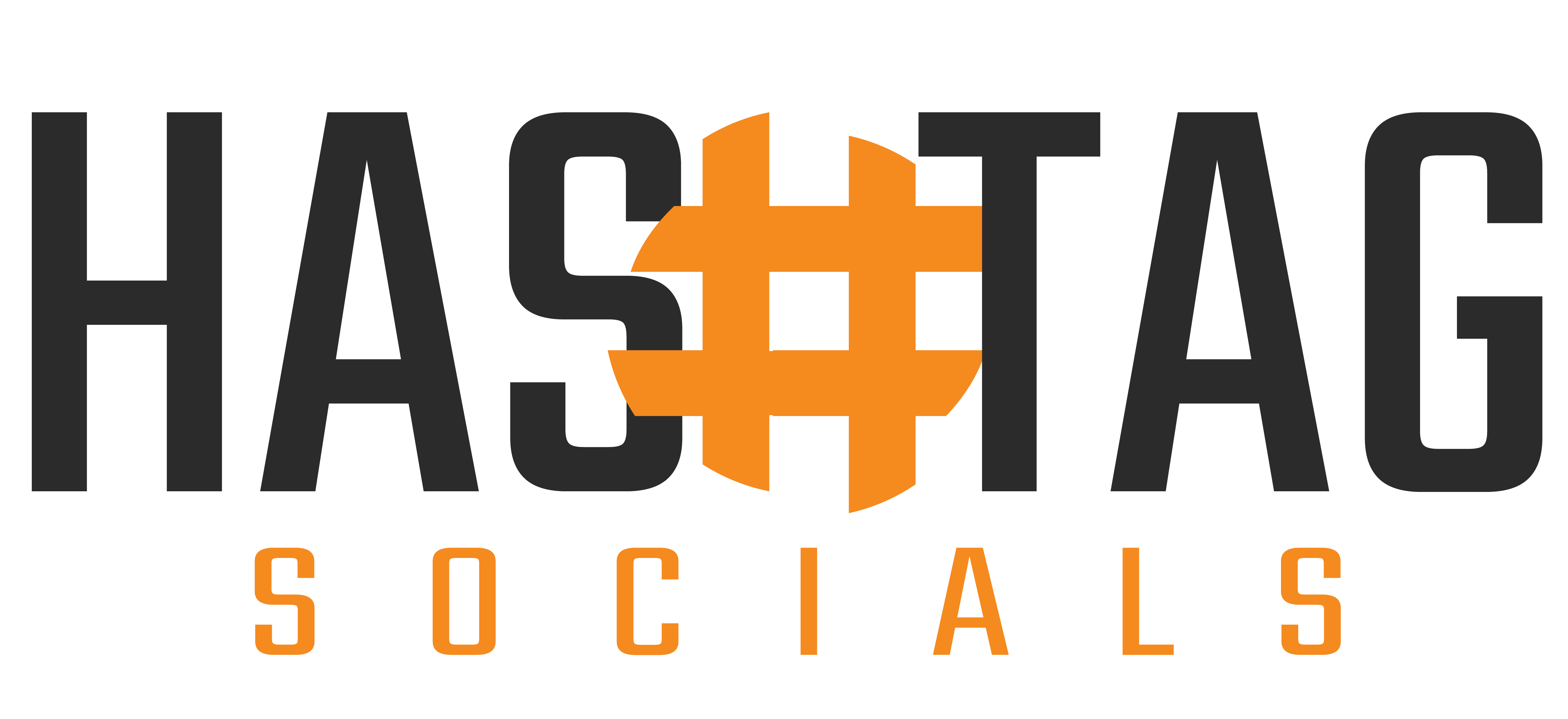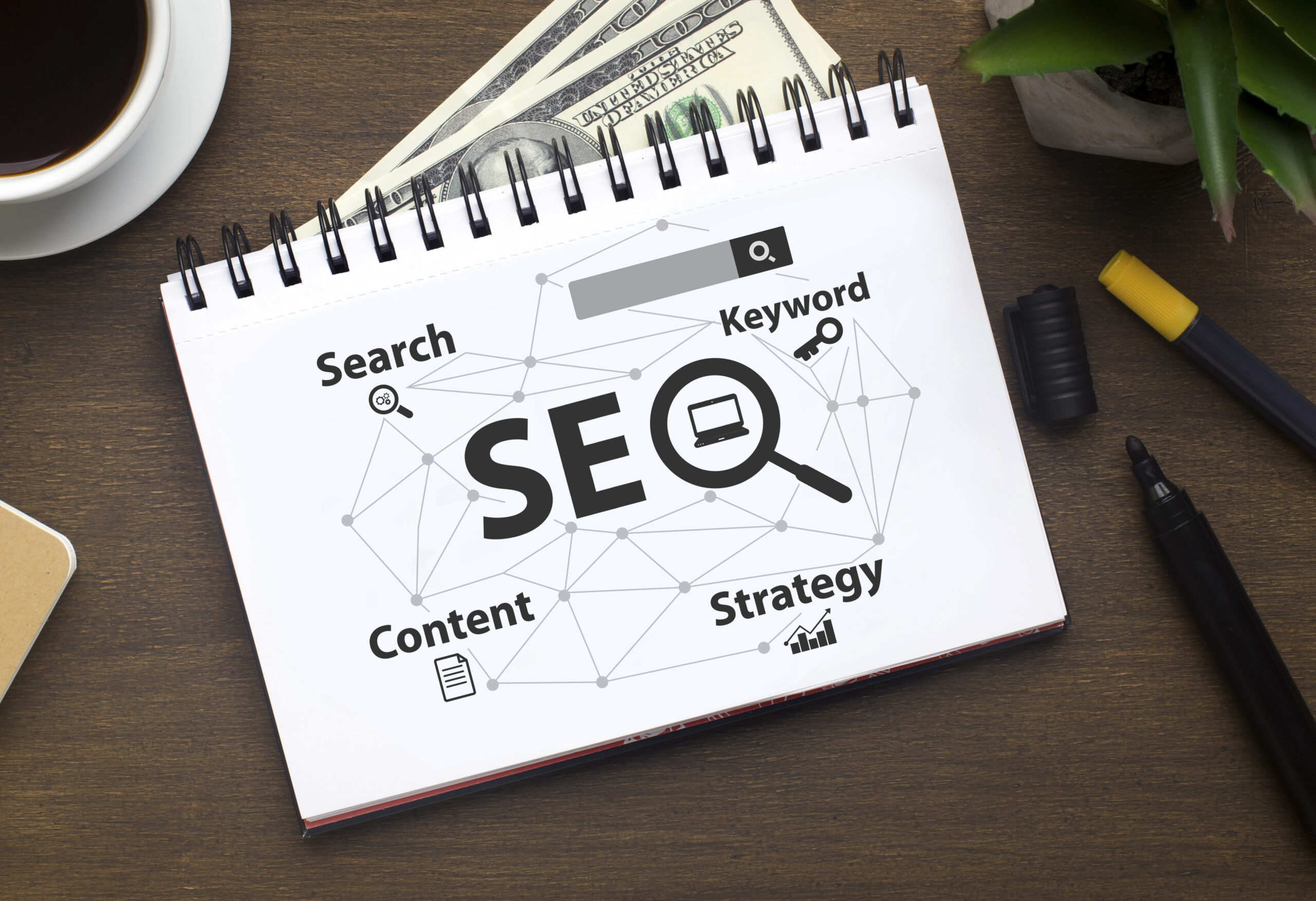You might have heard the term SEO, or Search Engine Optimization, when it comes to digital marketing. It refers to the process of getting a website on top results of search engines. But when it comes to SEO, it is not just one fixed strategy, in fact it is a mix of different approaches, each tailored to improve specific areas for better online presence of your website. And for the same, there are different types of SEO.
Now there is an entire toolbox for SEO, each playing a critical role in getting your website to be noticed by search engines. It is not just enough to throw around content, and stuff in keywords, but the best strategy has to be put into effect to get optimal results. With this blog we help you understand the different types of SEO, and how relevant and important they are in the entire SEO process.
Different Types of SEO
It is important that in today’s time your business has a website, and an online presence. But merely having a website is not enough. It should be targeted to the right audience so that you achieve the goals you have set for your business. And that’s when SEO steps in. By putting into effect the best SEO strategy, tailored to meet specific business needs of each brand, your website gets visibility, traction and viewers that convert into customers.
It is important to note that you can’t just put the same SEO strategy for all industries. There are various types of SEO, each designed to improve a specific aspect of your website. The 4 main types of SEO are :
Technical SEO
Technical SEO deals with the backend structure of your website. It is through this that all the technical requirements are met for your website to be crawled and indexed by search engines. The infrastructure of the website is made easier for search engines to understand and rank your website. And what are the key elements of Technical SEO?
Site Speed
This deals with the time it takes for your website to load. A fast loading website is crucial not just for search engines, but for a seamless user experience as well. Site speed is an important factor for your website to rank.
Mobile-Friendliness
It is very common for people to search with their mobile primarily because of the accessibility. So it is essential for a website to be mobile-responsive. With technical SEO mobile users get a seamless experience.
Crawlability and Indexability
Bots are what crawl through your website and index the pages. Technical SEO ensures that these bots are able to easily navigate your site, understand the structure and the content.
Technical SEO creates a solid foundation that ensures your website is well-structured, secure, and easy to crawl, which can positively impact your search engine rankings.
On-page SEO
On-page or on-site SEO involves optimizing the pages on the website to get higher rankings and get more traffic. This focuses on each page and what improvements can be done, to make sure it’s optimized for both the users and the search engines. And what all comes under on-page SEO optimization?
Keyword Optimization
Keywords play the key role when it comes to on-page SEO. It is very important to target the right keywords that your target audience is searching for. Once you have your keywords, you need to integrate them naturally into your content, including in the title tags, headings (H1, H2, H3), meta descriptions, and body text.
Quality Content
Search engines understand websites that have clear and valuable content. How does that work? With well-written, informative, and engaging content that meets user intent. Your website should have answers to any query the user might have about the service or product your business offers, making your website more likely to rank higher.
Meta Tags
Meta tags are mainly about the title and description that tell what the page is about, and provide a brief summary of the page. It is important that meta title and description be optimized for both, the search engines and the users.
Internal Links
Internal links help search engines understand the structure of your website and the importance of your pages. Linking related content on your site can also help users navigate
easily and stay on your site longer.
Optimising Images
Images that are added to different pages in the website should have alt texts that talk about what the image is about, which not only improves your site’s accessibility but also provides search engines with more context about your content.
On-page SEO esures that each page of your website is fine-tuned to be both user-friendly and search engine-friendly, increasing the chances of better rankings.
Off-page SEO
Off-page SEO as the name suggests are the activities that are done outside your website to improve search engine rankings. It mainly takes care of building your website’s reputation and authority through backlinks.
Backlinks
Backlinks are one of the most important factors when it comes to off-page SEO. Search engines see backlinks from other reputed websites, which gives an extra credit to the content on your website. The more high-quality, relevant backlinks you have, the more trustworthy your site appears to search engines.
Off-page SEO is a long-term strategy that requires consistent effort. By focusing on building quality relationships and gaining links from reputable sources, you can increase your site’s authority, which can positively impact your search rankings.
Local SEO
Local SEO is crucial for businesses that operate in specific geographic areas. With this your online presence increases targeted towards location-based searches. The key elements under local SEO are :
Google My Business (GMB)
Claiming and optimising your Google My Business profile is crucial for local SEO. By providing accurate information about your business (address, phone number, hours, services), you increase your chances of appearing in local search results and Google Maps.
Local Keywords
Incorporating location-specific keywords into your content helps search engines understand that your business is relevant to local searches. For example if you are a boutique in Bangalore, then incorporating “best boutique in Bangalore” in the content can help attract local customers.
Customer Reviews
Nowadays everyone looks at reviews before going forward with any product or service. So online reviews, particularly on Google, are vital for local SEO. Encouraging satisfied customers to leave positive reviews can boost your credibility and improve your visibility in local search results.
Conclusion
In today’s competitive digital landscape, understanding and implementing the different types of SEO is crucial for success. Each type of SEO—whether technical, on-page, off-page, or local—plays a distinct role in shaping your website’s visibility and performance on search engines. Applying these strategies together forms a cohesive plan that not only improves your search engine rankings but also enhances user experience, builds trust, and drives meaningful traffic to your site
However, SEO is not a one-time effort. It requires ongoing work, regular updates, and a deep understanding of changing search engine algorithms and user behaviors. By focusing on these different types of SEO, you can create a comprehensive strategy that improves your site’s performance in search engines, helping you reach a wider audience and achieve your business goals.







